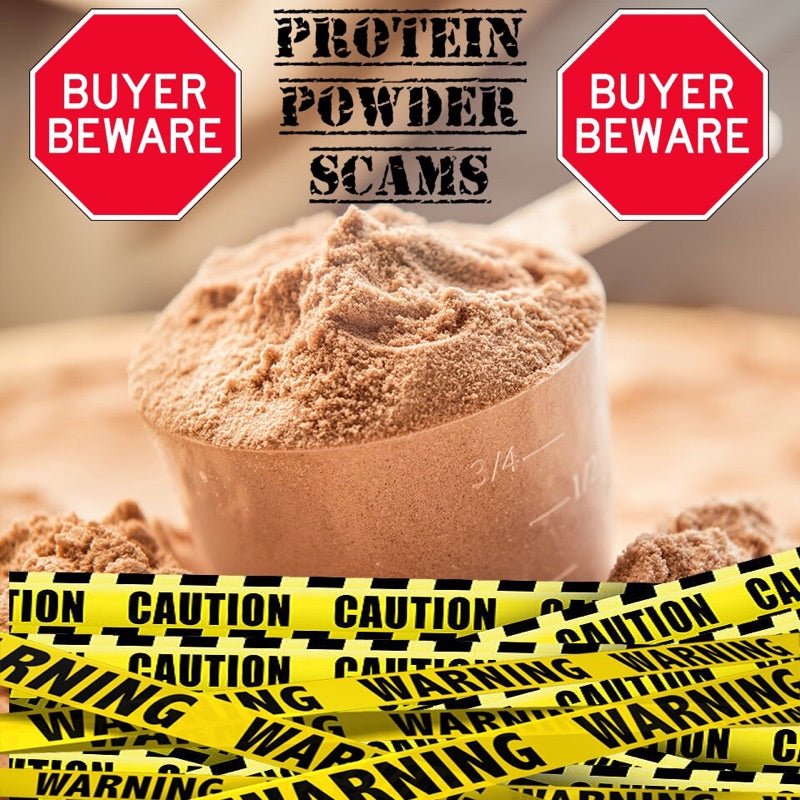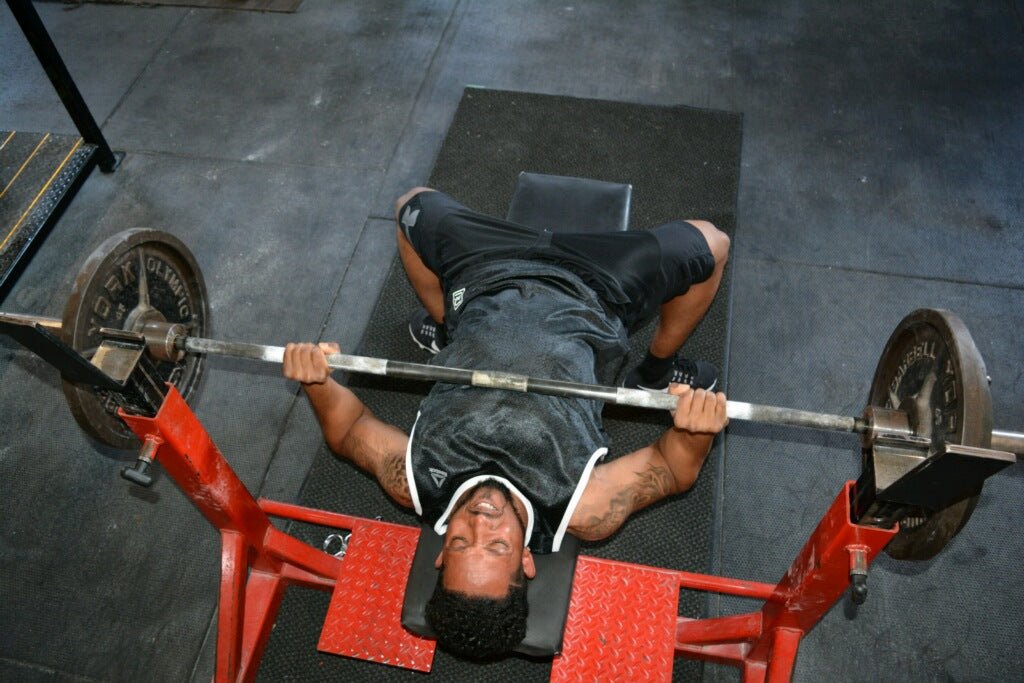By Robert Samborsky and Rich Vellucci
Protein powder is the most mainstream supplement on the market. Customers want a protein that mixes well, tastes great and they want it at the lowest price possible. Sounds like a reasonable demand from a customer, but there are a few hurdles that get in the way. First, pure whey protein tastes very bad, that’s just a fact. The more grams of protein per scoop, the harder it is to make the flavor appealing. Second hurdle, protein is very expensive; that goes for any protein source. If you look at the cost per gram of protein from chicken, beef, seafood, eggs, etc., there is no cutting corners, protein is expensive. Over the years people have gotten accustomed to buying large amounts of protein at rock bottom prices. A product that is quick, convenient and cheaper than all the other protein sources? Of course, consumers are going to line up to buy protein powders. Unfortunately, there are a few tricks that supplement companies have up their sleeves to drive the cost of their protein down.
One old trick that many mainstream national brands have been caught using to cheat customers is called amino spiking. These companies fill their tubs with far cheaper free form amino acids like glycine, taurine or leucine as well as other substances like creatine monohydrate, and then portray them as grams of protein on the products’ labels. Certain amino acids are considered the building blocks to protein, but they are not protein by themselves, nor do they have the same benefits as complete proteins. There is plenty of information available regarding companies that were caught amino spiking available, so we are not going to list them here.
Once companies started getting major lawsuits for amino spiking, they turned to whey protein blends. Whey protein blends mix whey protein concentrate with whey protein isolate. Since the companies do not disclose the ratio of whey protein concentrate to whey protein isolate, they are creating a protein powder proprietary blend. Why is this significant? Whey protein concentrate is substantially cheaper and lower quality than whey protein isolate. Essentially, this is another scam to distort the amount of protein that is on the label versus how much is actually in the product, but at least this scam is easy to defend against.
Unfortunately, the scams do not stop there. In a world of internet ratings and reviews guiding customers, some online retailers are charging companies to be rated as their “top products” in specific categories (protein, pre-workouts, fat burners etc.) People who are new to working out or new to purchasing supplements are inclined to follow the crowd and are looking for recommendations. Instead of having to research many different brands, manufacturing techniques and types of protein, people who fit into this demographic will gravitate to the “top 10” list and try to pick a protein with the best price to review ratio. Certainly, that is a logical buying strategic, if the online retailer was unbiased and presented their “top 10” product list by the quality of ingredients.
Here are a few tips to help you choose a high-quality protein:
- Always avoid whey protein blends aka proprietary protein blends. You should always know what ingredients are in your supplements and in what quantities and ratios.
- Read an article on the different types of whey protein and casein protein. They are the only two types of milk protein, but there are a few different types of whey and casein protein, which can have big differences on the results you will see.
- Just like anything in life, you get what you pay for! The average retail price for a high-quality protein (whey protein isolate and micellar casein protein) is $12-$15 per pound. If you see a 5-pound protein container for $25-$30, flip the label around and more than likely you will see whey protein concentrate on the ingredient, which you want to avoid.
- Look for brands that are good manufacturing process certified. It does help to have peace of mind that your product has been manufactured in a GMP certified facility, since the supplement industry is unregulated. GMP will either be on the container or the company will provide you with a letter from the manufacturer stating the product is GMP certified.
- Look at how the protein is described on the label. If the label just says “grams of protein”, in almost every case, the actual protein in the product is lower. How can you avoid this? Look for a label that states the protein yield. Very few companies will list protein yield on the label because the yield, how much protein you get, is always lower than the number of grams of protein per serving. If it says that there are 25 grams of protein per scoop, it’s not true. It’s less.





3 comments
Ashu Upadhyay
I recently bought chaos hardcore fat burner through cross border supps how i identify my product is genuine or fake
noah
Are huge supplements protein powders third party tested?
GM
Very good article. In all honesty, I may have to read thru it a couple times ! Lots of information but exactly what I was looking for.
Thank you.
GM
Leave a comment
This site is protected by hCaptcha and the hCaptcha Privacy Policy and Terms of Service apply.